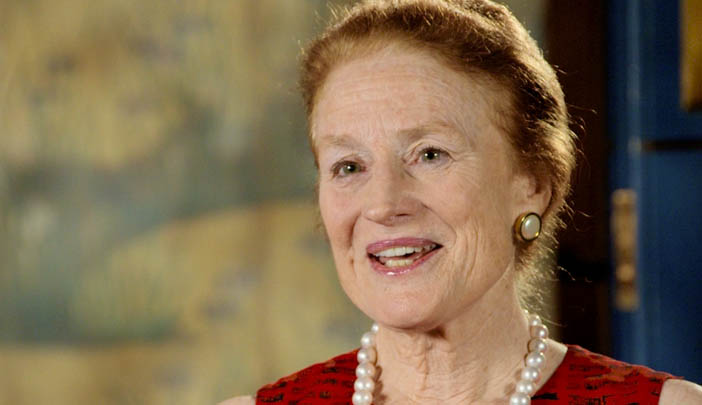The United Nations Children’s Fund (UNICEF) has raised concern over the high rate of open defecation in Nigeria.

The Chief of UNICEF Field Office, Enugu, Dr Ibrahim Conteh, said at a “One -day media dialogue’’ in Enugu on Friday, November 19, 2021, that the rate had remained high, in spite of the concerted efforts by stakeholders to reduce it.
The event was organised by the organisation in collaboration with Broadcasting Corporation of Abia State to commemorate the 2021 World Toilet Day.
The theme of this year’s celebration is “Valuing Toilets”.
Conteh said: “According to new figures soon to be released on Nigerians’ access to Water, Sanitation and Hygiene (WASH) services, the rate of open defecation has remained steady at 23 per cent.
“As many as 46 million Nigerians still defecate in the open.”
He named the states with the highest rates of open defecation as Kwara, Plateau and Ebonyi, while Abia, Zamfara and Akwa Ibom had the lowest rates.
Conte, however, said there had been some progress toward ending the phenomenon with 71 of the 774 local government areas in the country declared open-defecation-free.
“Nigeria is making some progress in improving access to WASH services to its population with 75 per cent of Nigerians having access to basic drinking water services in 2019.
“Access to sanitation (toilet and hand washing facilities) has also increased modestly from 44 per cent to 46 per cent over the same period,” he said.
Conteh said that a lot more needed to be done to ensure that all Nigerians had access to safe toilets in order to move closer to the goal of ending the practice by 2025.
In a lecture, the WASH Specialist, UNICEF, Enugu, Mr Doutimiye Kiakubu, said that toilets and the sanitation systems that supported them were underfunded.
Kiakubu said the prevailing circumstance could cause an outbreak of deadly diseases.
He said that 47 million Nigerians practice open defecation, adding that the figure had remained the same for the past two years.
On access to basic sanitation in the South-East region, he said that Ebonyi and Enugu had the worst records, with 14 per cent and 38 per cent, respectively.
He also said that the two states also had the worst records on access to safely managed sanitation in the region, with Ebonyi and Enugu, having seven per cent and 17 per cent, respectively.
“The volume of work that needs to be done to achieve open-defecation-free Nigeria by 2025 is enormous,” Kiakubu said.
A breakdown of the population practicing open defecation in the southeast showed Abia 76, 000, Anambra 391,000, Ebonyi 1.7 million, Enugu 1.7 million and Imo 620, 000.
In a goodwill message, the Special Adviser on Water Resources to Enugu State Governor, Mr Anthony Onyia, said the state government had done a lot to provide decent toilets and safe water for residents.
Onyia commended UNICEF for its efforts to ensure that the state became open-defecation-free.
President Muhammadu Buhari had in November 2018 declared a state of emergency in the WASH sector, with the launch of a national campaign, tagged: “Clean Nigeria: Use the Toilet”.
The campaign is to drive the country’s efforts towards becoming open-defecation-free by 2025.
By Ifeoma Aka
